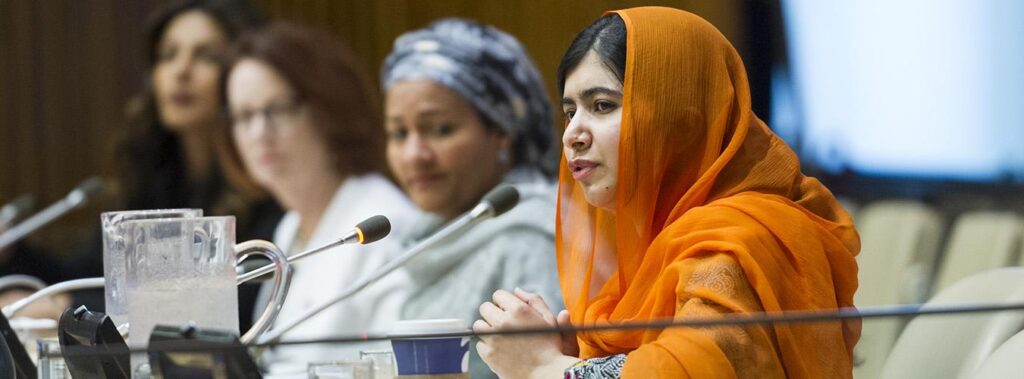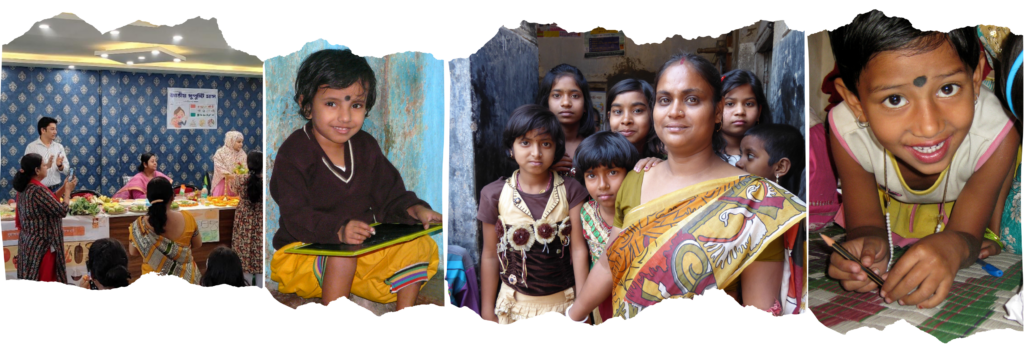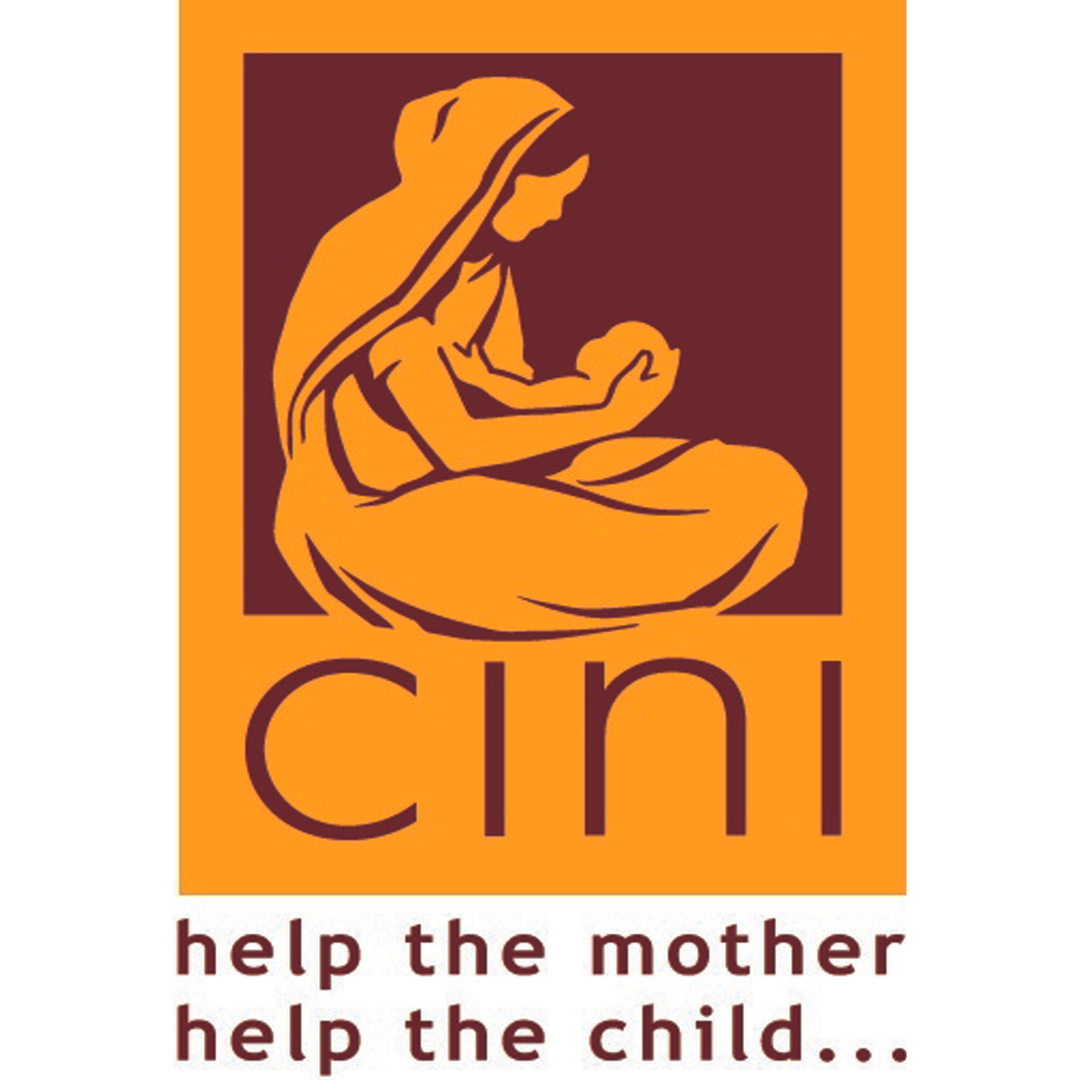
Malala Yousafzai, Nobel Prize laureate and UN Messenger of Peace with a special focus on girls’ education speaks at the UN during a high-level event “Financing the Future: Education 2030.” Source: UN Photo/Rick Bajornas.
International Day of Education is celebrated worldwide to emphasise the power of education in creating opportunity, optimism, prosperity, and peace.
Currently, there are an estimated 40 million Indian children aged 6-11 who are not in school. Over half of India’s children will not progress beyond elementary school, and in some cases, children are unable to access education at all. Many children are forced to work rather than attend school, as some families do not value education or believe that the barriers of caste, poverty and gender are just too strong to overcome.
The Child in Need Institute (CINI) works to address all forms of social exclusion that contribute to keeping children, particularly girls, out of school. International Day of Education coincides with National Girl Child Day in India, underscoring the critical role of education in transforming lives. A key message is that for every year a girl continues her education beyond fourth grade (age 9-10), her family benefits significantly: wages increase by 20%, child mortality decreases by 10%, and family size is reduced by 20%.
Awareness of Education Rights
Knowledge of the law is the foundation of empowerment. When people know their rights, they can identify issues, address deficits, and gain the tools needed to facilitate change.
CINI empowers women and children living in poverty by providing education and information about their rights, including:
- Their right to free and compulsory education.
- Child protection laws that prevent child labour and child marriage.
- Their right to access quality services.
- Their ability speak up to service providers and the local government.
By supporting them to understand their rights and enabling them to participate in making decisions that affect their own lives, women and children become leaders in their communities. They help to transform their communities to be inclusive of the most marginalised and poor members. This concept sits at the core of all CINI programs, enabling them to address and support immediate local needs.
The Power of Education in Our Programs
Child Friendly Communities
- CINI Education Centres provide ‘safe spaces’ for first generation learners to attend or return to school and succeed. By working with schools, CINI ensures teachers understand children’s rights and create child-friendly environments. Schools are also shown how to access government resources.
- Young women learn their right to access quality health services early in their pregnancy. The whole family learn how to support the mother, and are educated about health, hygiene, feeding practices, nutrition and reproductive health.
Ujjan
- Adolescents that join Ujjan are the face of the initiative and the catalyst for change within Kolkata’s Red-Light District for their age group. Peer Leaders are trained in groups to bring about change in their lives, focusing on school enrolment, reducing dropout rates, child marriage, trafficking and teenage pregnancy. They share their training with their peers, extending their knowledge throughout the community.
- CINI works on the ground to identify children who are not in mainstream education or are at high risk of dropping out. By leveraging local community networks, they teach families that the long-term benefits of education outweigh the short-term gain of a child’s income.
IICCHAA
- Public education about HIV and AIDS plays a significant role in reducing stigma in villages and wider communities. As awareness grows and fear subsides, people are welcomed back to work, and children are re-integrated into schools.
- Education about HIV, health, hygiene and sexual reproductive health enables families to manage illness and improve overall health.
- Families are taught how to access regular medication, government schemes for housing and education funds, plus vocational and leadership training, which all help their economic stability.

CINI’s Vision for the Future
Recognised as a leading authority on mother and child nutrition and healthcare in India, CINI set up an independent body in 1974 to provide appropriate education and training. In addition to training over 25,000 government workers and its own staff, CINI has trained staff from major charities such as UNICEF, CARE India and CRY (Child Rights and You), as well as those from smaller local Non-Government Organisations operating in other countries.
By continuing to develop a range of appropriate training materials, CINI provides support to frontline health workers, midwives, nutritionists, teachers and local government workers in child rights, healthcare, and capacity-building.
CINI ensures education becomes a reality for vulnerable populations, equipping them with knowledge and skills to break the cycle of disadvantage. Together, we can ensure every child—regardless of their circumstances—has the opportunity to learn, grow, and thrive.
If you wish to support our life-changing programs, please visit:
Sources:
- “Ujjan The Brighter By-Lanes”. Child in Need Institute (CINI). 2024.04.29.
- “International Day of Education 24 January”. United Nations. 2025-01-03.
- “International Day of Education 2021: Theme, History, Significance”. S A NEWS. 2021-01-22.
- “Why January 24 is celebrated as ‘Education Day’ globally”. The Indian Express. 2020-01-24.
